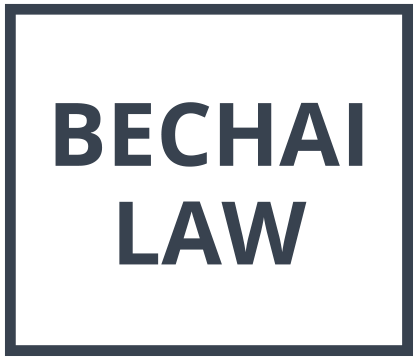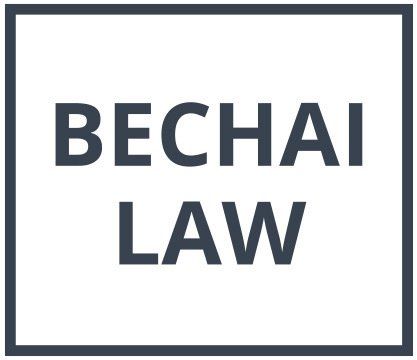Beneficiary Designations
What do beneficiary designations have to do with estate planning?
A lot.
A beneficiary designation is a way of specifying who will receive the funds in your RRSPs, RRIFs, TFSAs, etc. (i.e. a registered plan) when you die. Similarly, a beneficiary designation on a life insurance policy names the person(s) who will receive the insurance proceeds payable on your death.
In Ontario, beneficiary designations can be made in one of three ways:
- by completing a beneficiary designation form with the institution holding the plan (i.e. the bank, life insurance company, etc.);
- including a beneficiary designation in your Will; or
- having a standalone beneficiary declaration prepared by your lawyer.
To ensure that your testamentary wishes transpire, it is imperative that you review your beneficiary designations when preparing your Will. If, for example, you intend that a certain dollar amount is available for distribution, certain parties share equally in your estate, or that certain people receive their gifts only upon reaching a certain age, then it is necessary to review your beneficiary designations alongside your Will. Otherwise, the end result may be quite different from what you thought you had planned.
Here are a few common examples:
1. Unintended distributions to minors. People often complete the beneficiary designation forms provided by institutions as follows: “to my spouse, but if my spouse predeceases me, then to my sister Sarah as Trustee for my children, John and Jane.” This kind of designation has two, often unintended, consequences:
- The fine print on the form typically provides that all funds will be paid to John and Jane on their 18th birthdays. Therefore, if your life insurance policy provides $1 million in coverage, John and Jane will each receive $500,000 on turning 18 years old. This may not be what you had in mind.
- As Trustee, Sarah may be unable to access the funds to further John & Jane’s wellbeing by, for example, assisting the guardians with funding a suitable home for their larger family. This is because the trust powers attached to beneficiary designation forms are often quite limited.
It is therefore important to review any trust terms applicable to designated funds, particularly where minor beneficiaries are concerned. It may be preferable to establish a separate trust in your Will to receive life insurance funds that can then be subject to a deferred distribution (e.g. at the age of 25) and that grants your Trustee broader powers to access the funds in the meantime to ensure your beneficiaries’ wellbeing.
2. Taxes must be paid – but consider who bears the cost. Under the Income Tax Act, you are deemed to dispose of all of your assets immediately prior to death, at the then fair market value. That deemed disposition can trigger a capital gain, which is taxable to your estate (subject to certain tax deferral strategies, like a rollover to a spouse). For example, RRSPs and RRIFs are assets that when deemed disposed on death, trigger a capital gain that is taxed to your estate.
Suppose you name your adult child Stuart as the beneficiary of your RRSP, and your adult children Sam and Simon as beneficiaries of your estate. You do this with the intention that each child receives roughly the same amount on your death. However, this type of plan often benefits the RRSP beneficiary to the disadvantage of the estate beneficiaries. This is because Stuart will receive the entirety of the funds in your RRSP, while Sam and Simon will share in the value of what remains in your estate after the payment of the capital gains tax due from the deemed disposition of the RRSPs at death. As such, your children are not treated equally.
3. Did you sufficiently provide for your spouse or dependents before designating someone else as a beneficiary? It’s important to know the legal characterization of your relationship to certain people, and what rights they may have to your estate. If you haven’t sufficiently provided for certain family members, then some of your beneficiary designations may not be honoured. This is because the courts may dip into your designated funds in order to satisfy the financial claims of your dependents.
Ensuring that your testamentary intentions are carried out requires a review of your beneficiary designations. Therefore, when preparing your Will, discuss your beneficiary designations with your lawyer to ensure that your wishes are not inadvertently defeated.



